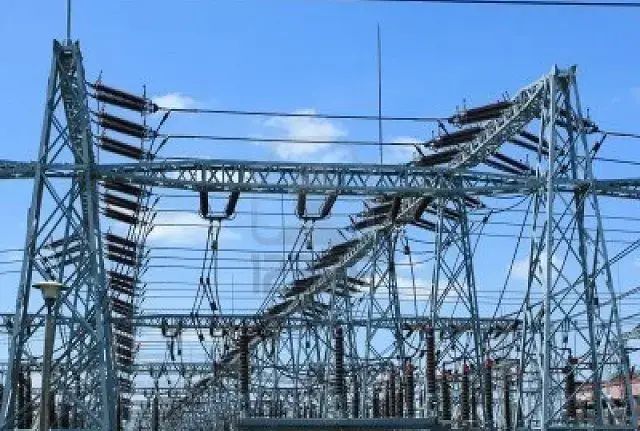The Nigerian Electricity Regulatory Commission (NERC) has expressed concern over power distribution companies (Discos) rejecting electricity loads despite widespread blackouts in many parts of Nigeria.
NERC has warned that it will enforce regulatory actions against Discos failing to meet key performance targets for electricity offtake.
In its quarterly report for Q3 2023, NERC highlighted the large disparity between available power capacity and customer demand. It emphasized the need for Discos to offtake their Partially Contracted Capacity (PCC) at all times. The Partial Activation of Contract regime, effective since July 2022, outlines the target volume of energy to be off-taken by Discos.
However, NERC observed that many Discos do not take their full PCC due to technical limitations and load rejection for commercial reasons. Load offtake has been included as a key metric in NERC’s Performance Monitoring Framework, and persistent non-offtake may trigger regulatory actions against Discos.
In Q3 2023, Discos recorded an average energy offtake of 3,253.83 megawatts-hour/hour. The commission noted that all Discos, except Eko and Ibadan Discos, took less than their available PCC during the quarter. NERC will use its regulatory framework to enforce actions against Discos failing to meet offtake ratio targets.
Consumer groups have criticized the load rejection by Discos, calling for disciplinary sanctions to ensure improved electricity supply. NERC’s Partial Activation of Contract regime also mandates compensation to Discos by Gencos or the Transmission Company of Nigeria in the event of capacity shortfalls. Liquidated Damages from Gencos are treated as net-offs in invoices to Discos. The commission reaffirmed its commitment to daily analysis and intervention through the situation room.
The situation raises questions about the discrepancy between available power and rejected loads amid persistent electricity challenges faced by many Nigerians.

